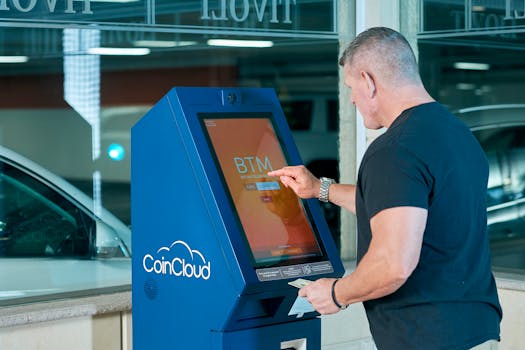Home Automation in 2025: The Smart Home Ecosystem
Home Automation in 2025 is revolutionizing the way we live, work, and interact with our homes. With the proliferation of smart devices and the Internet of Things (IoT), our homes are becoming increasingly connected and automated. In this article, we will explore the current state of home automation, its benefits, and what the future holds for this rapidly evolving field.
What is Home Automation?
Home automation refers to the use of technology to control and monitor various aspects of a home, including lighting, temperature, security, and entertainment systems. This can be achieved through a variety of devices, such as smart thermostats, security cameras, and voice assistants. The goal of home automation is to create a convenient, efficient, and safe living environment that enhances the overall quality of life.
Benefits of Home Automation
There are numerous benefits to home automation, including:
- Increased convenience: Home automation allows homeowners to control various aspects of their home with ease, using a single interface or voice command.
- Energy efficiency: Smart devices can optimize energy consumption, reducing waste and saving homeowners money on their utility bills.
- Enhanced safety: Home automation systems can detect potential safety hazards, such as water leaks or intruders, and alert homeowners to take action.
- Improved comfort: Smart devices can adjust lighting, temperature, and entertainment systems to create a comfortable and relaxing living environment.
The Future of Home Automation
As we look to the future, it’s clear that home automation will continue to evolve and improve. Some of the trends and technologies that will shape the future of home automation include:
- Artificial intelligence: AI will play a larger role in home automation, enabling devices to learn and adapt to homeowners’ preferences and behaviors.
- 5G connectivity: The rollout of 5G networks will enable faster and more reliable connectivity, allowing for more seamless and efficient home automation.
- Voice assistants: Voice assistants, such as Amazon Alexa and Google Assistant, will continue to play a major role in home automation, allowing homeowners to control their devices with ease.
Conclusion
In conclusion, home automation in 2025 is a rapidly evolving field that is revolutionizing the way we live and interact with our homes. With the benefits of increased convenience, energy efficiency, enhanced safety, and improved comfort, it’s clear that home automation is here to stay. As we look to the future, it’s exciting to think about the possibilities that emerging technologies, such as AI and 5G connectivity, will bring to the world of home automation.



